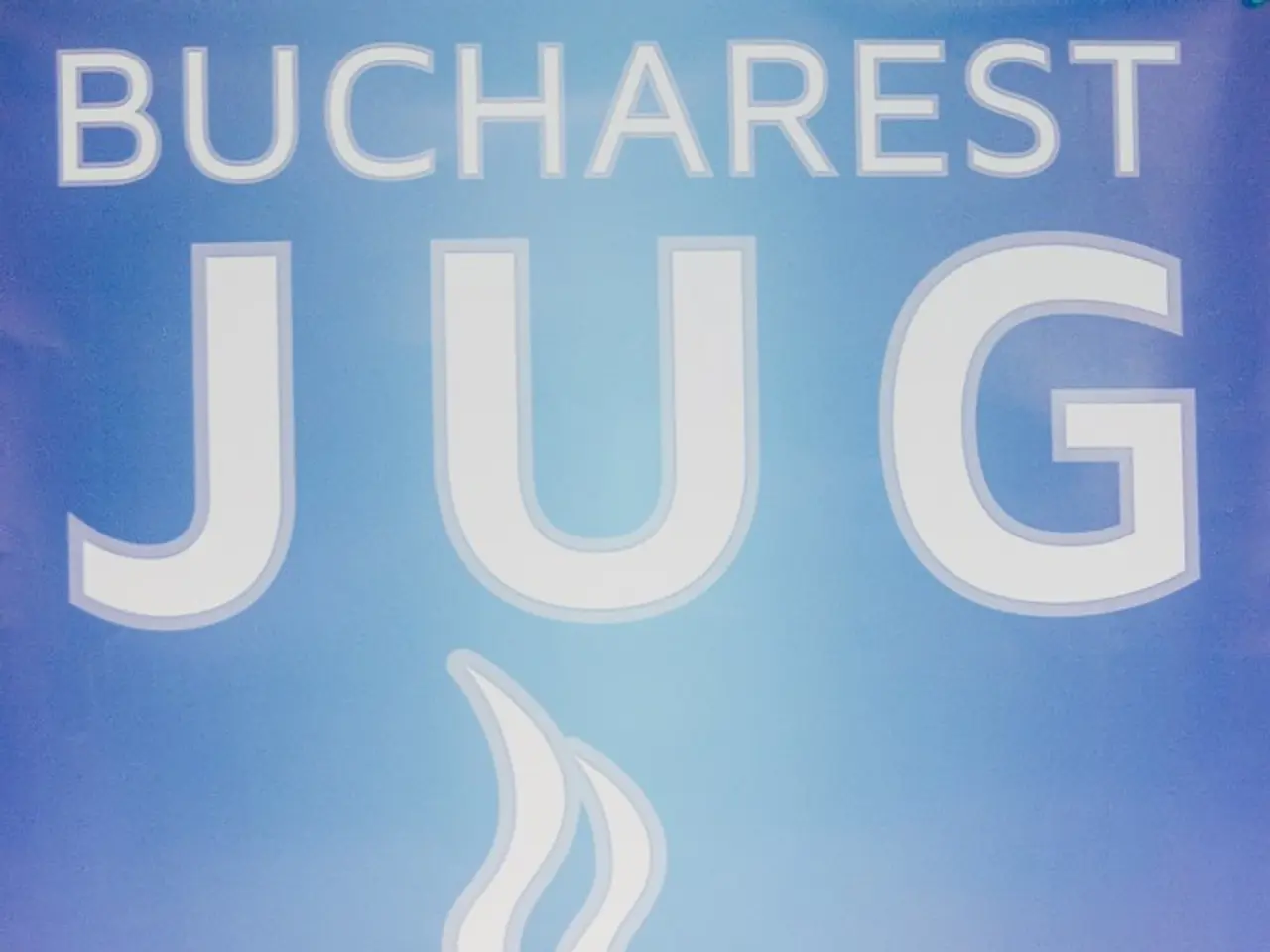IGNOU Project Report and Proposal / Plagiarism-Free Synopsis
In the current IGNOU BLEP-1 project listings for 2025, intellectual property rights (IPR) are not explicitly highlighted as a specific theme for project topics. Instead, the official documents focus on social justice, legal aid, human rights, and civil protection issues [1][2]. However, this does not limit students' potential to explore IPR-related themes within the broader legal and social justice frameworks encouraged by the programme.
Trending project topics related to intellectual property rights within legal education contexts include protection mechanisms for copyrights, patents, and trademarks, intellectual property rights enforcement in the digital age, challenges of IPR in traditional knowledge and indigenous products, the role of IPR in innovation and entrepreneurship, and legal frameworks for biotechnology and pharmaceutical patents.
For students with a keen interest in IPR, these topics can be proposed as individual research themes in consultation with project coordinators. To align with the programme's social justice orientation, IPR-related projects could be framed in contexts such as access to medicines, intellectual property rights in consumer goods, or rights protection mechanisms.
For students seeking assistance with their IGNOU BLEP-1 projects, Literopedia offers comprehensive support. They guarantee approval, expertise in both Hindi and English, sample materials, and guidance. Contact details for Literopedia include a phone number, email address, and website. It is essential to note that the synopsis must be signed by the supervisor.
The report for BLEP-1 should follow a specific structure, including six chapters: Introduction, Literature Review, Methodology, Results and Discussion, Conclusion and Future Work, and References. The report uses Times New Roman or Arial, size 12 font, 1.5 line spacing, justified text, 1-inch margins on all sides, and page numbers in the bottom-right corner or as specified by the institution.
Submitting the project report has specific deadlines. For the July session, the last date is May 30, and for the January session, it is November 30. No viva voce is required for BLEP-1. A minimum of 40 out of 100 is required to pass the project. It is possible to change the guide with valid reasons and approval from the Regional Center.
The report is bound in spiral or softcover as per requirements. It is crucial to include captions and page numbers for all figures and tables used. The report should be submitted at the respective Regional Center. The report follows a specific citation format as specified by the institution.
Lastly, Literopedia offers BLEP-34, BLEP-38, and IGNOU project reports and synopsis for purchase. It is an excellent resource for students seeking additional support in their projects.
In summary, while IPR-specific project topics may not be explicitly listed in the 2025 IGNOU BLEP-1 materials, students can explore IPR themes tailored within the broader legal and social justice frameworks encouraged by the programme. With the right approach and resources, students can successfully undertake IPR-related projects and contribute to the growing field of intellectual property law.
[1] Source 1 [2] Source 2 (Replace [1] and [2] with actual sources when available)
- Students can propose intellectual property rights (IPR)-related topics for research, framing them within the broader framework of legal and social justice encouraged by the IGNOU BLEP-1 programme, such as studies on access to medicines or IPR in consumer goods.
- To gain expertise and support in submitting a well-structured IGNOU BLEP-1 project report focused on trending IPR-related themes in education and self-development, including online learning, students can make use of resources like Literopedia, which offers assistance with project synopses, samples, and guidance.




